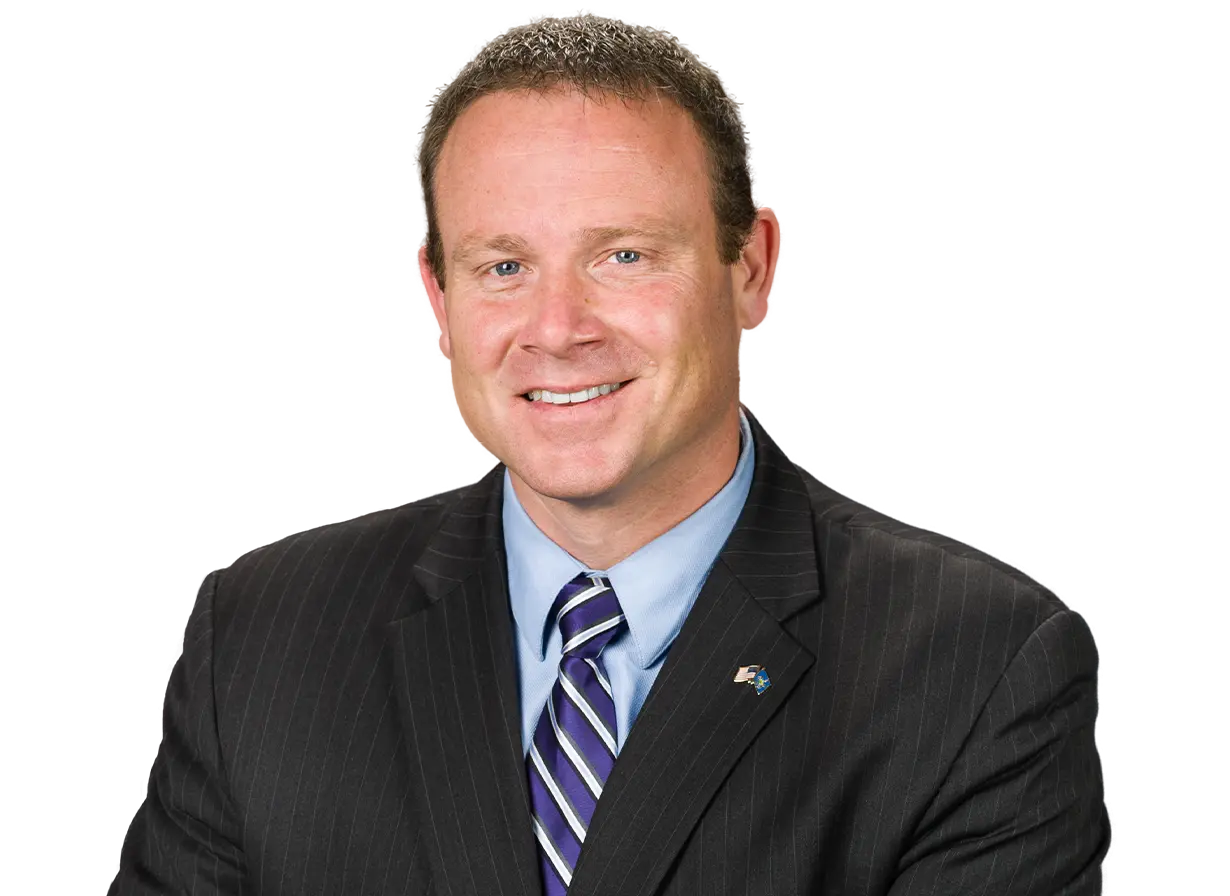HARRISBURG – Senator Scott Martin (R-13) raised concerns about the growth in state spending and the new taxes proposed by Governor Wolf today during his annual budget address.
In his 2018-19 budget proposal, Governor Wolf called for a $1.2 billion increase in state spending, a 3.7 percent increase from the current year’s budget. Approximately $256 million of that new spending is for Medicaid alone – an 8.2 percent increase over the previous year.
“We must rein in government spending from outpacing revenues. That is what led to the budget hole that Governor Wolf created leading up to last year’s budget,” Martin said. “Just when we were on track to finish with a $40 million surplus, the Governor wants to increase spending another $1.2 billion. That’s a recipe for fiscal disaster.”
“I am disappointed that this budget proposal does nothing to rein in the growing cost of government, especially in terms of what we’re spending on Medicaid. We cannot measure the success of this program based on the amount of new dollars we’re spending or the number of people we’re adding to the rolls,” Martin said. “We should be emphasizing how we can deliver those services more effectively and efficiently to improve the quality of life for all Pennsylvanians.”
Martin introduced a bill last year that would make use of new technology to incorporate evidence-based medicine into care decisions for Medicaid recipients. The program is intended to improve patient outcomes and reduce costs to taxpayers. A similar program in Alaska helped improve healthcare outcomes for patients and trim Medicaid costs by 14 percent. Experts estimate that Pennsylvania could save up to $2 billion by taking a similar approach.
Lawmakers approved a pilot program for Martin’s evidence-based medicine proposal in October along with new work requirements for able-bodied Medicaid recipients, but Governor Wolf vetoed the bill.
Martin also criticized Governor Wolf for again proposing a $25-per-person tax on municipalities that rely solely on State Police coverage.
“Every citizen pays for State Police coverage through income and sales taxes, driver licensing fees, gas taxes, fines and other levies, and in return, every municipality receives assistance from State Police – even municipalities that have their own full-time police force,” Martin said. “Asking rural Pennsylvanians to pay more for coverage is a form of double taxation. That idea is every bit as wrong today as it was when Governor Wolf first proposed it a year ago.”
“Our focus should be on eliminating duplicate services in our law enforcement and finding ways to make the jobs of our law enforcement officers safer and more efficient,” Martin said. “We shouldn’t be focused solely on finding new ways to take money out of taxpayers’ pockets.”
Although Martin was critical of many aspects of the budget, he agreed with Governor Wolf for putting a stronger emphasis on career and vocational education. He encouraged the Governor to ensure any additional funds dedicated to the program are invested wisely into programs training people to be placed in economy sectors that can’t find skilled labor for certain jobs.
“Preparing students for the jobs of today and tomorrow is a worthy goal, and the Governor deserves credit for identifying the need to invest in workforce development,” Martin said. “At the same time, we see institutions like the Thaddeus Stevens School of Technology being flat-funded in spite of the fact that they boast a near-100-percent work placement record. If the money isn’t going to programs with that record of accomplishment, then where can we reasonably expect those dollars to be better invested? I strongly encourage Governor Wolf to take a closer look at how we are allocating our workforce development dollars so we can create the greatest benefit to students and to our economy.”
CONTACT: Terry Trego (717) 787-6535


